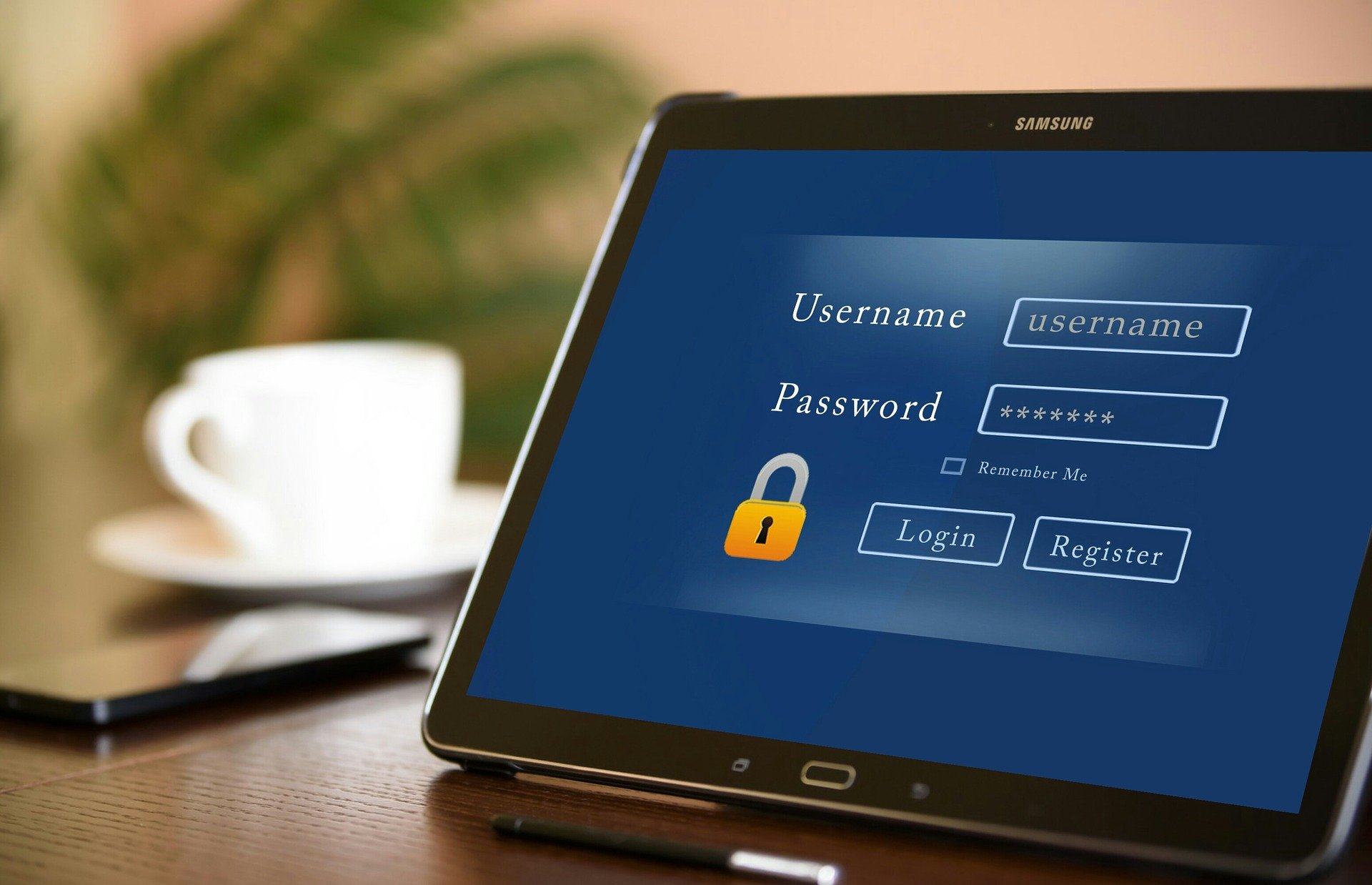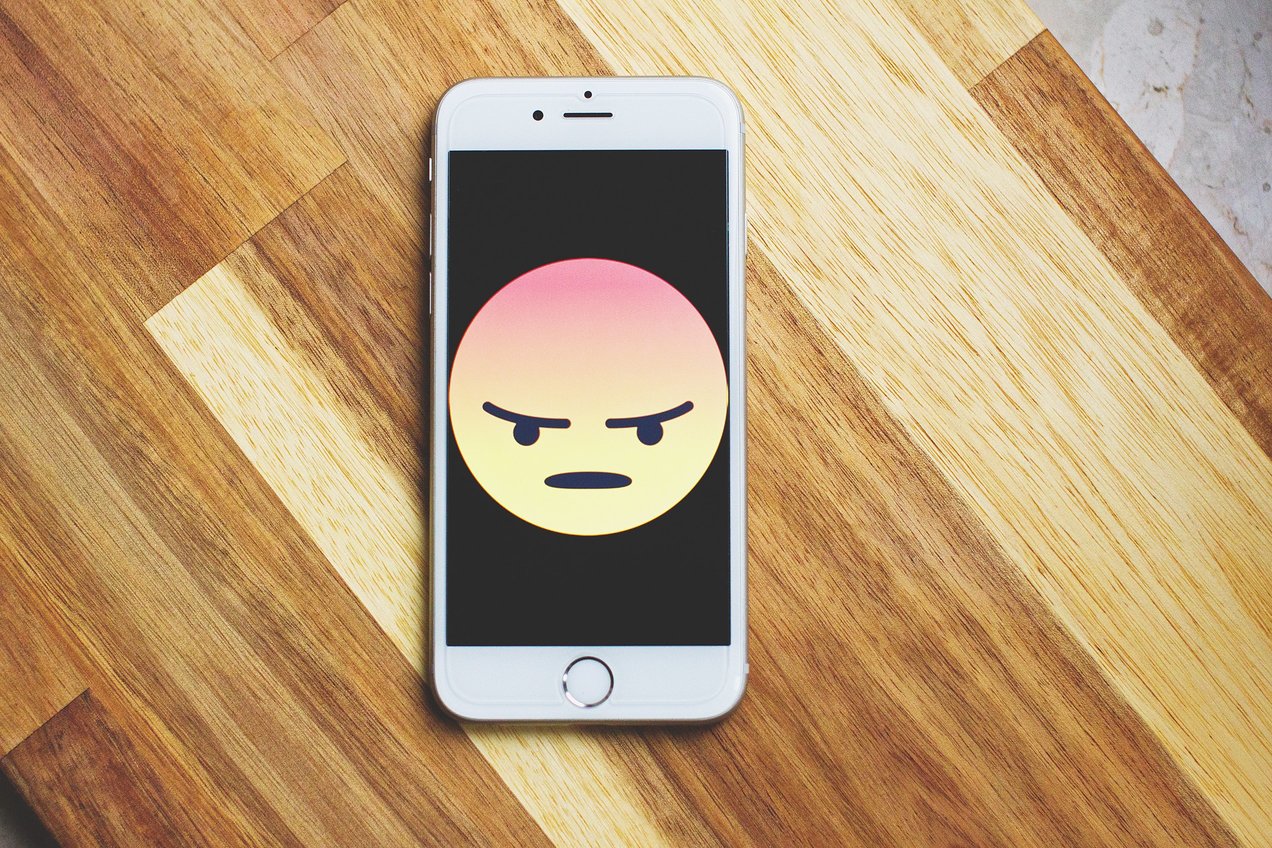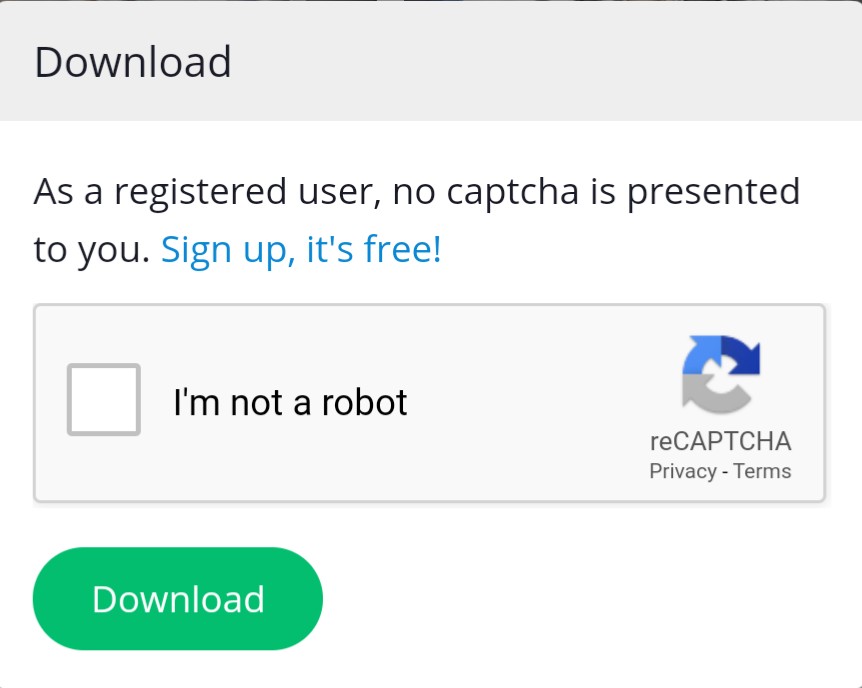

9 subtle ways technology has made life more frustrating
No doubt, technology has been one of the greatest inventions of all time. At the onset, it’s supposed to make life easier, take the weight off one’s shoulders and get the dirty work done. But sometimes, it does the exact opposite: technology could be frustrating.
When such “reverse-engineering scenarios” occur, it almost feels like there’s a subtle plan for tech to frustrate users at some point; user frustrations could get so overwhelming to a point where all they want to do is squeeze tech like a piece of paper and shove it into a heap of dirt. The only constraint to doing this is, the greatest of all time — technology — isn’t physical. Ouch!
In any case, here’s a list of ways technology can be really frustrating for man-kind. Though the list isn’t exhaustive, these appear to be the frequent ones we battle with from time to time.
1. “Damn you, auto-correct!”


Imagine you wanted to send an email to a customer or even a prospective investor and you wanted to address them as “Dear” but the king of text remedy — auto-correct — changes it to “Dead”. This can be a lot more embarrassing.
Auto-correct is designed to help rectify words that are wrongly spelt but then it does the worse sometimes.
A victim of the auto-correct mishap attests to this. “I wanted to say ‘Yes boss’ in response to my boss one time, but no thanks to the auto-correct, I sent ‘Yes boy’. It was so annoying and terrifying that I had to quote the message and correct it.”
Auto-correct mishaps can be mitigated with the use of word checker apps like Grammarly, Spell checker and English correction app, etc. However, the suggestions are sometimes incorrect too which also defeats the purpose of technology making one’s life easier.
Additionally, you can decide to turn off the auto-correct function on your phone or computer as the case may be. But the downside to this is in scenarios where 75% of the time you’d have to rely on auto-correct to clean up your messaging, working without it could spell a bigger disaster.
However, where this leaves most of us is, we’d have to keep enduring the frustrations.
2. Double zer0 dilemma
Have you ever wanted to recharge with your bank mobile app or do a transfer and you mistakenly add another zero to the supposed number? Bet you, you’ve made such a mistake before or at least know someone that has.
From inputting three zeros instead of two when loading vouchers, to sending in hundred thousands instead of ten thousands, simply because you mistakenly added one more *0* which most times can’t be detected until the transaction is completed. One can’t be careful enough in trying to avoid mistakes like this.
Adeola Fajugbe* who once had a fair share of this dilemma says “Rather than depending on technology to correct or check this error, I will manually use my hand to count the zeros behind the digits and ensure there’s no addition of an extra digit.”
Just to be on the safer side, you can use your fingers to count the number of zeros you have on the screen before you take an action. Really, no one will blame you for that: a little ‘0’ gives a huge gap to your figures if you know what we mean.
3. Arghh, creating a new P@s$wo0ORd!


Passwords are ubiquitous in nature yet, they can also be very frustrating. Upon signing up for any account or creating a profile on websites, apps or anything that mostly has to do with the internet, one will be required to create a password. This is exactly where the problem surfaces.
You’d start getting the flags: your password is either not too long, not too short, too obvious, too simple or not filled with different characters: uppercase, lowercase, special characters, numbers, figures and other unnecessary elements.
As if that’s not enough, you will have to remember the password and it’s not just one password. The average internet user has signed up on at least three different platforms.
Usually, you proceed to open new accounts due to numerous password forgets. And except you use a password manager, a browser that automatically saves passwords or have the same password for everything you do on the internet — which is always not advisable — you’re left with no choice than to have a store room for passwords in your heart.
But come to think of it? Can we start thinking about #InternetWithoutPasswords or hope passwords become a thing of the past sooner or later?
4. Freezing phones or lagging computers


Though this is dependent on the type of device, freezing phones or computers can be annoying. Interestingly, there’s something called “computer rage“: it’s a subtle definition for that scenario you encounter when you suddenly start yelling at the computer or slamming the keyboard. Well, it happens to the best of us.
A considerable solution for this is to invest in the best software and hardware devices, not just the cheapest.
To also stop your devices from freezing, you can always clear up junk; use cloud storage services like Google Drive and Microsoft OneDrive to store documents so it can be accessed anywhere and anytime you have an internet connection.
With this, there are times when after you’d have done a massive junk/deep cleanout and still encounter such lags. When next such occurs, you might just have to call on the higher forces or enlist Daenerys to allow her dragons fry your devices so you can finally get new ones.
5. I said, I’m not a robot! Isn’t that obvious?


To authenticate if a user is human and to stop spammers from hijacking forums and blog comment sections, most websites use CAPTCHA.
As much as this helps websites from getting spammed or attacked, it is upsetting. This is because at every log on to the website, you will be required to prove that you aren’t a robot. It’s often like you’re consistently having a conversation that’s got no head way. Like this:
Internet: Are you a robot?
You: No, I am not.
Internet: OK, we’d ask again in 10 mins
You: OK, let me pass.
Internet: Before you pass…. Are you a robot?
You: Arrrrrggghhhhhhhhhhh!
Most times, this can even cause the user to bounce off the page after failing the CAPTCHA test a couple of times. But seriously, dear internet, this is 2020 … You’ve got to be more intelligent about detecting and trusting us when we say “We’re not Robots.”
6. Network! Network!! Network!!!


“Hello, can you hear me now? I can hear you, what did you say? Can you please repeat the last thing you said?”
You wouldn’t know how much time you’ve spent saying those words while making calls via WhatsApp or either of those web-conferencing tools until you time yourself.
Technology is supposed to make human interaction with various apps and tools easier. But it can be stressful when there’s no internet connection or if the network is slow and make the conversation slur.
7. “Your data plan is expired, please try again later”
Picture this, after downloading and managing your remaining internet bundle for 5 hours to download a 10GB file, then at 9.7GB, your network service provider drops a message that your data is exhausted, reconnection failed or they try to make it less severe and say “Oh snap! Seems something went wrong.”
It feels as though a straw was dug into the data to suck it. You really can’t explain how, despite the Internet’s slow speed, your subscription has suddenly disappeared faster than Barry Allen.
This is also coupled with the supposed “combo or extra value data plan” that is meant to give customers extra data to access the Internet.
8. Planet of Apps


Every day new apps are launched. As at March 2020, the number of available apps in the Google Play Store was placed at 2.87 million apps.
Although some of these apps are made to make tasks related activities and life easier but then how many mobile apps must we download?
A way to save one’s phone from this numerous apps is to filter what’s useful and what’s not.
9. Dear Ads, please stop following us! Seriously, stop!
As of today, it almost feels wrong to ask if you’ve ever wondered that you are being monitored on the Internet. Of course you are! What we might argue about now is the extent of the “internet surveillance” on your personal life. A report claims that 89% of the world’s Internet users are being actively monitored.
This explains scenarios when you search for a product on a platform and when you check another website, the same product is staring right there in your face, now served to you as a hot dish of Ads.
Websites that use cookies store bits of information about your interactions with the platform hence they use your internet interactions to serve you ads following your aggregated interest, internet activities and history.
It’s a more presentable way of saying, you’re traced from end to end and served ads that follow you everywhere, whether or not you like it.
Where it gets sometimes bad is, you may have interacted with a product mistakenly, but then, those algorithms care less and just wouldn’t let you be.
Granted, technology so far is proven to be useful, effective and has come to stay. But we can’t totally downplay how bad these frustrations from tech affect our day-to-day lives. A way to avoid them is by doing things that don’t necessarily require you interacting with tech all the time.
Such that in cases that tech fails today, you easily switch to non-technological alternatives or less-tech intensity. But then, the one billion dollar question remains, how possible is it to deal with tech at such a time as this?
We partnered with Sidebrief, a Legal compliance company to help as many as possible businesses access and get the necessary document for the FG ₦50bn Covid-19 credit facility. Interested? Get started for free.
Got a story worth telling? Shoot us an email with SUBJECT — “Story Worth Telling” — to [email protected].




